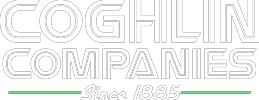Certifications
Columbia Tech, A Coghlin Company
- Columbia Tech ISO 9001:2015 (Click to View/Download Certificate)
- Columbia Tech IPC (Click to View/Download Certificate)
Learn more about Columbia Tech Capabilities
Cogmedix, A Coghlin Company
Learn more about Cogmedix Capabilities
